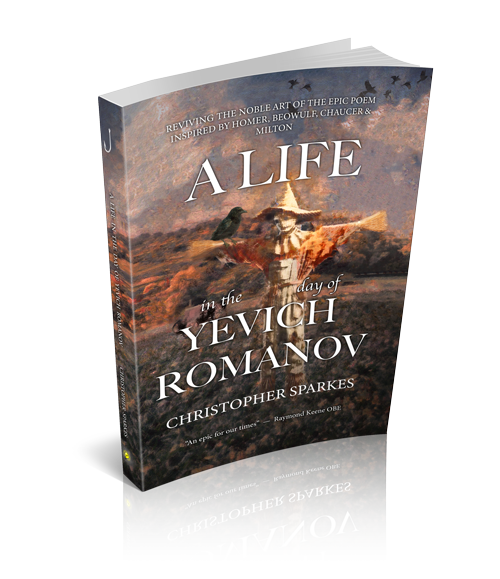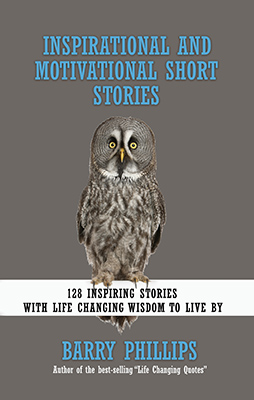Description
Epic poetry might be considered a prehistoric art form, the stuff of long dead white authors, such as Homer , Virgil, Dante and Milton, the dread and terror of English A level students. It is no accident that much of such epic poetry takes place physically in the realms of the dead, with visitations to Hades forming key components of The Odyssey, The Aeneid , The Divine Comedy and , of course, Paradise Lost.
In his new work Christopher Sparkes seeks to revive the Epic and imbue it with the breath of modern life, much as the 19th French poet Baudelaire exhorted pictorial artists to abandon the customary fětes galantes , relegate them to the Neiges d’antan of Villon and focus instead on the rich seam of potential offered by the dynamic vibrancy of modern life.
“I set out only to write a short poem, inspired by RS Thomas but it kept growing! I found myself getting further and further ideas which I found irresistible. I’d been long attracted to reading and writing the longer poem. The first I read were Keats’s Lamia and Isabella. So Yevich metamorphosed — or I metamorphosed it — into the epic.“
Modern epic poetry continues to evolve in style and subject matter, often addressing contemporary themes rather than classical heroic narratives. Examples include James Sale’s HellWard, praised as a traditional epic in English within recent times, dealing with personal and cosmic themes linked to the poet’s struggle with cancer.
“There must’ve been a day, an hour, when I realized I can turn this into a comedy epic. That was probably the day that I began to introduce the little offhand summaries at the beginning of each chapter in a smaller font, in imitation of Paradise Lost.
What attracted me to the epic have been mostly Homer, Beowulf, Milton and, especially, Chaucer. There are others, though, listed at the back of Yevich. But it would’ve been predominantly those four.”
The time in which A Life in the Day of Yevich Romanov is set is floating. It’s an era when people have literary knowledge. Contemporary cultural markers hint of an era having advanced and having left behind Artificial Intelligence.
On the other hand, it’s a deeply agrarian age. The title’s “in the day of” might suggest a long-gone era. Isayevich “Yevich” Ishi Romanov and Nadya Nadezhda Bukharinovna Romanov of that Nik are gallyblaggers, hodmedods. There is no doubt for diligent employment they stand in fields scaring off birds from the good produce of the land. The district they live in is Ephanorothee, Greek meaning “brought to light”. Yevich and Nadya of that Nik are Russian made, and speak awkward English.



